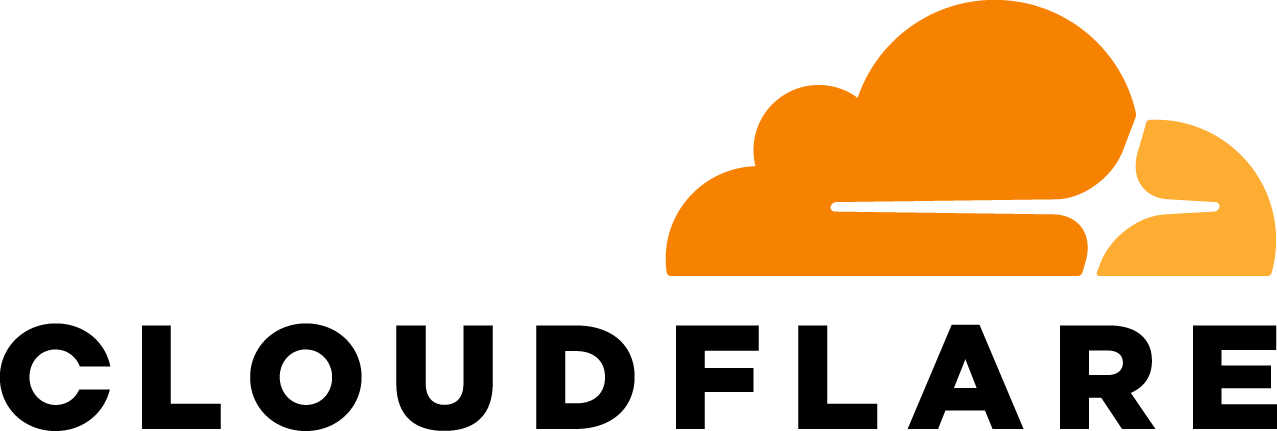On Wednesday afternoon, Cloudflare and other Internet companies noticed that the West African country of The Gambia had dropped off the Internet - the day before the presidential election that was planned to be held there on Thursday, December 1st. This is not unprecedented. The Ugandan government blocked access to Facebook and WhatsApp during its recent election. Internet blocking by governments has also been seen in Gabon. Even Ghana toyed with the idea earlier this year.
Gambia has a population of 1.8 million people, and according to World Internet Stats, Internet penetration is growing fast and is almost 20%. The latest statistics indicate that at least ten percent of Gambians are using Facebook. As shown in the graph below, on Thursday, the Gambian government cut off access to the global Internet and for 39 hours hundreds of thousands of Gambians were unable to use online services on which they rely every day.

All the networks in Gambia disappeared from the global routing tables. This could have been caused by a soft reconfiguration of Internet routers; or by a physical powering down of telecommunications equipment. At this point, we do not know. What we do know is that we didn’t see any routes or traffic (similar to other Internet companies reporting). We also read a large number of complaints on Twitter from people failing to communicate with friends and relatives within the country. When the routing was restored, we instantly saw traffic.
There's only one RIPE Atlas probe active within the country; however, it provides a good inside view of how the Internet behaved before, during and after the blackout. The large red area is the period when connectivity was unavailable.

Data courtesy of RIPE Atlas
The results of the Gambian election surprised a lot of people, including the incumbent President, Yahya Jammeh, who has been in power since he staged a coup 22 years ago. He received only 36.7 percent of vote, compared to Adama Barrow, a property developer, who won with 45.5 percent of the vote. Late Friday (after the Internet was re-enabled) President Jammeh conceded and Barrow supporters are celebrating in the streets. Celebrating both the results of the election along with (we are sure) the return of the Internet.
It is not clear why the Gambian government cut off access to the Internet. In other national Internet blackouts during elections, governments were attempting to thwart local efforts to monitor voting and report incidents of fraud - or prevent rumors from spreading.
Unfortunately, blocking Internet access also prevents citizen reporting of election-related violence, such as the hundreds of incidents that happened after the Kenyan election at the end of December, 2007. In Kenya, the Internet was not blocked and the online mapping tool Ushahedi was able to help Kenyans monitor and respond to the violence.
President Yahya Jammeh has been criticized for years for human rights violations and just last month decided to remove Gambia from the jurisdiction of the International Criminal Court, which has prosecuted a number of African leaders for war crimes and human rights violations. His decision to limit free speech of Gambians by blocking Internet access triggered a flood of criticism on social media and activists’ blogs around the world (E.g., Access Now has been highlighting Internet blackouts for years.) Freedom House doesn’t paint a pretty picture either.
Rather than clamping down on the opposition by blocking the access to the Internet, it is quite possible that the blackout in Gambia may have infuriated voters and increased the vote against the president. This is what happened in Egypt during the Arab Spring protests in January, 2011, when President Mubarak cut off Internet access for everyone but the Egyptian stock market. Unable to protest on social media, Egyptians, particularly the youth, went to the street, occupied Tahrir Square in Cairo, and started the protests that led to the overthrow of a dictator who had been in power for thirty years.
When only a few percent of a country’s citizens are online, an Internet blackout might stymie opposition to the government. But when the Internet is part of the daily lives of a significant portion of the population, it has the opposite effect.
On Tuesday, December 6, the United Nations’ Internet Governance Forum (IGF) will start in Guadalajara, Mexico. During it’s four days, more than 2,000 Internet experts will participate in more than a hundred panels on issues shaping the evolution of the Internet. Internet blackouts and censorship, which are becoming more and more common, will be on the agenda - as will other examples of where governments are trying to limit the new power to communicate and organize that the Internet gives activists - and everyone else. Cloudflare will have representatives at the meeting and engaging in the many discussions that will take place.
Cloudflare will continue to fight for free speech online, by deploying better and easier-to-use encryption and through programs like Project Galileo. We participate in events like the IGF and other fora like AccessNow’s RightsCon and the UN’s World Summit on the Information Society (WSIS) into order to fight for technologies and policies that will make the Internet more reliable and more open. Let’s hope dictators like President Jammeh are listening and start to understand that censoring and blocking the Internet is less and less likely to help them cling to power. Instead, they should try harnessing social media and the Web to build community, communicate to their supporters, foster democracy, and unleash entrepreneurship. THAT’S the path to a better future.

